Alles was Sie brauchen, auf einen Blick
Unsere Erkenntnisse sind detailliert und gut recherchiert. Sie behalten den Überblick darüber, was auf dem Markt passiert, und ermöglichen es Ihnen, der Konkurrenz immer einen Schritt voraus zu sein.
Sign up to our newsletter to get exclusive insights and never miss an article.

Do you know where all your previous pension pots are and are they aligned with your future plans?
One risk that people face when moving companies is losing track of their paid-up pensions. It can make sense to review your old pension pots for a number of reasons.
Firstly, knowing what the total value of all your pension pots are will help you plan your future work timeline – when you could reduce or stop working, and what kind of lifestyle it could support.
Secondly, what are you invested in? Does it suit your timeframe and ambitions, your risk appetite and plans for the future? Often you’ll be invested in generic funds that assume you’re a standard profile – does that suit you best? Probably not.
Thirdly, circumstances change and your need for advice. Your situation and outlook on life will be different in five, ten and 15 year’s time. Having the advice to help you navigate those changes, and being proactive with your pension investment decisions, can be crucial to make sure your ambitions don’t leave your plans behind.
Finally, when it comes to accessing your pension, having it in one place can make life easier, giving you oversight of your available options and the ability to discuss how it can best suit your needs, alongside the benefit of regular reviews and ongoing advice in case of future legislation change.
Are you a candidate and looking for a new job? Click here to view all current jobs on Movemeon.
Are you making the most of your pension contributions?
A pension is the most tax-efficient vehicle available to UK savers, subject to certain limits because the government typically adds relief to your contributions. This boost essentially increases the value of every pound you pay into a pension.
Recent changes to legislation have meant that for some people, they have become an even more valuable and tax efficient way to invest for their future:
- Increase in the Annual Allowance – for the 2023/24 tax year onwards, you can contribute up to £60,000, or 100% of your earnings (whichever is lower), for tax-relieved contributions. This is up from £40,000 the previous tax year.
- Removal of the Lifetime Allowance – this was the total tax relieved pension savings you could accrue in your lifetime, with anything over and above this being taxed. Any charges that would have been due in current tax year have been removed, before the abolition of the Lifetime Allowance from April 2024.
Are ready to hire, looking for more information about hiring or just want some advice? Get in touch and one of our team of friendly specialists will get in touch within 24hrs.
About the author
Charlie Channing-Williams provides bespoke financial advice to individuals, families and business owners. He does this through lifetime wealth planning, based on their unique circumstances and ambitions.
charlie.channing-williams@sjpp.co.uk | +44 (0)7778 708968 | www.channing-williamswealth.co.uk
Important note
The value of an investment with St. James’s Place will be directly linked to the performance of the funds selected and may fall as well as rise. You may get back less than the amount invested.
The levels and bases of taxation, and reliefs from taxation, can change at any time. The value of any tax relief is generally dependent on individual circumstances.
Channing-Williams Wealth Management is an Appointed Representative of and represents only St. James's Place Wealth Management plc (which is authorised and regulated by the Financial Conduct Authority) for the purpose of advising solely on the group's wealth management products and services, more details of which are set out on the group's website www.sjp.co.uk/products. The 'St. James's Place Partnership' and the titles 'Partner' and 'Partner Practice' are marketing terms used to describe St. James's Place representatives.
SJP APPROVED 26/4/2023
Click here to view all articles and more read about the latest industry and consulting insights on our blog.

What do I need to know?
In the most recent Autumn Budget, Chancellor Jeremy Hunt announced a number of changes that will impact your ability to achieve your lifetime wealth ambitions.
From 6 April 2023, the main personal tax changes to be aware of are:
- The reduction in the threshold above which the 45% additional rate of tax is payable
- The reduction of the tax free dividend allowance from £2,000 to £1,000 (and further reducing the following year)
- The reduction of the CGT exemption from £12,300 to £6,000 (and further reducing the following year)
Why does it matter?
These changes mean that in the current environment, making the best use of tax-efficient wrappers such as pensions and ISAs is all the more important.
In addition, if you earn between £100,000 and £125,140, the tapering of the personal allowance means you could end up paying 60% tax.
This 60% ‘tax trap’ isn’t published in any HMRC guidelines because it’s an unofficial effective rate of Income Tax. It occurs due to the tapering of the personal allowance for higher earners.
The result? Those earning between £100,000 and £125,140 can end up paying 60% tax.
Are you a candidate and looking for a new job? Click here to view all current jobs on Movemeon.
What to do?
It all starts with you, taking into account your personal goals and circumstances:
- What are your ambitions for the future?
- What’s most important for you to achieve?
- When do you want to do these things?
Write down your answers, and then look at your current plan. Is it on track?
Could or should you be doing better – better planning, better efficiencies, better understanding?
Speaking with a professional adviser can give you clarity on your options and work with you to tailor a plan that works towards your ambitions.
Tax rules change frequently but financial advice can help make sure you stay tax-smart, and always pay what you owe, and no more.
Are ready to hire, looking for more information about hiring or just want some advice? Get in touch and one of our team of friendly specialists will get in touch within 24hrs.
Author of this article
Charlie Channing-Williams provides bespoke financial advice to individuals, families and business owners. He does this this through lifetime wealth planning, based on their unique circumstances and ambitions.
charlie.channing-williams@sjpp.co.uk | +44 (0)7778 708968 | www.channing-williamswealth.co.uk
Important note
The value of an investment with St. James’s Place will be directly linked to the performance of the funds selected and may fall as well as rise. You may get back less than the amount invested.
The levels and bases of taxation, and reliefs from taxation, can change at any time. The value of any tax relief is generally dependent on individual circumstances.
Channing-Williams Wealth Management is an Appointed Representative of and represents only St. James's Place Wealth Management plc (which is authorised and regulated by the Financial Conduct Authority) for the purpose of advising solely on the group's wealth management products and services, more details of which are set out on the group's website www.sjp.co.uk/products. The 'St. James's Place Partnership' and the titles 'Partner' and 'Partner Practice' are marketing terms used to describe St. James's Place representatives.
SJP APPROVED 26/4/2023
Click here to view all articles and read about the latest industry and consulting insights on our blog.

Veronica Sherwood-Meares, Head of Product at Future Super, has already had a varied and successful career.
In this interview, she tells us how she got into consulting, why she then worked in many different areas and positions, such as Head of Strategy, spent some time in marketing and finally became Head of Product. Veroncia also gives valuable tips on how to make the leap into product management as a consultant and explains why it's worth trying out different roles.
How did you originally get into consulting?
My original ambition while at uni was to go into equities or research, so I studied finance and accounting. When my final year came around, I really cast the net wide. I applied to a bunch of investment bank graduate programs, but also to some consulting firms, as I had heard of consulting but didn’t have much of a clue as to what was involved - it just sounded interesting.
Not long after putting in an application to Port Jackson Partners, I got a call one afternoon, asking me to come in for an interview the next day at 7:30am! I agreed, but again I didn’t really have much of an idea about what was likely to be involved.
Fancy a career change? Become a Movemeon member and benefit from exclusive roles on the platform.
So assuming that you weren’t really expecting to have to grapple with a complex case study?
Totally not. But looking back on it, it probably helped that I hadn’t tried to memorise any specific frameworks, I just used logic to break down the problem and not overthink it. (Not saying this would work for everyone, but it did for me!) Maybe it also helped that the case study was quite interesting: advising Uber on predicting likely usage on New Years’ Eve.
I received an offer to join PJP just as the banking interviews were due to start. I was intrigued by my interactions so far at the firm, I had found the interviews and case studies interesting, and I had a feeling that consulting would provide a broader experience than banking - so I was happy to accept.
And then things took off from there!
Yes - and a good choice of phrase, as I was lucky enough to do a lot of client work overseas, which I absolutely loved. PJP had a partnership with Scandinavian consultancy QVARTZ (acquired by Bain in 2019) and I spent 6 great months in Copenhagen as part of a consultant swap. I did a lot of work with global Danish pharmaceutical company Novo Nordisk and loved soaking up the best of the city.
It's been almost three years not being staffed in Sydney, working on really interesting projects in China, Singapore and the US. I worked across a number of sectors, particularly industrials, manufacturing and natural resources, and then later had some great exposure to superannuation (pension) funds - which came in handy later on.
How do you look back at your experience in consulting?
PJP was a terrific environment to be part of. At that stage, the firm would have been only about 30-40 people, with one office in Sydney. We had a great reputation in strategy (our founding partners were all ex-top-tier) and we were working on critically-important projects, but at the same time, the firm was small enough to easily navigate and develop relationships. I built a really strong bond with colleagues, especially with those I worked on international projects with.
So what got you thinking about moving on from PJP?
It was probably a combination of three things. Firstly, it felt like it was probably time to stop travelling quite so much! Secondly, while I really enjoyed consulting, there was appeal in the opportunity to tangibly see something through, from analysis through strategy through execution and operations. I could see the appeal in doing this in a smaller growth company or startup. Thirdly, and probably most importantly, I wanted to feel like I could contribute in a role that was connected to the purpose of the organisation, while remaining industry agnostic.
I had an opportunity to join Future Super on a 3 month basis. (Future Super is an ethical superannuation fund, the first fossil fuel-free fund in Australia). As a relatively small business (~30 people at that stage), they’d never had a “Strategy” function. I came in and picked up a bunch of areas that needed framing up and building out. I got heavily into the data, set up OKRs and led the planning cycle.
Having thoroughly enjoyed that first stint, I joined the business as Head of Strategy in a permanent capacity, where I set up a small strategy team. This included formulating the company’s 5-year strategy, helping with a capital raise, as well as steering analysis and research functions.
Two years in, Strategy was humming along well (I was also fortunate to have hired very well!), so I was open to exploring new challenges within the business.
At the time, we were working with an external agency that was running all our online and performance marketing. As we were reaching a certain size and scale, the outsourced model was proving to be sub-optimal, and we had no real analytical capability within our in-house marketing and creative team. So I pitched the idea to move into marketing and help bring it all in house. I hired a really solid performance marketer and we built a small specialist team which delivered savings to the business while driving better performance than the outsourced model. This included developing LTV models and we established LTV:CAC as the lighthouse metric for the team.
Again, it got to the point where things were running really well, and it started to feel like (again) I had done myself out of a job!
Is that when you first got the opportunity to get involved in Product?
Yes. At this time we’d set up our first product team as a 3-month pilot program. Instead of having silos of engineering, design, analytics etc, we made it cross-functional from the start. I sat in on that program from an analytics perspective.
The pilot program was a great success, so I pitched the idea of becoming a full-time product manager and running one of the ongoing teams being set up off the back of it. It was a bit of a running joke that it was about time for my regular internal job change!
Find your next opportunity on Movemeon. Click here to view all open roles.
And the rest is history - how have you enjoyed the shift into Product?
While I obviously really appreciated and enjoyed my career up to this point, it was when I took on the Head of Product role that I had the proper Eureka moment of, “this is the job that I totally love”. It’s just such a satisfying role. It’s utilising a bunch of different skills and experience, across strategy, analysis, prioritisation - it’s hugely around prioritisation - making sure your team is focusing on the biggest opportunities.
On that point, I feel that Product is an underrated exit opportunity for consultants, who bring all the right skills. The more technical specifics (like how to work with engineers!) is something that you learn by doing.
What advice would you give to a consultant keen to pivot into Product roles?
An ex-consultant might be lucky enough to find a product role straight off, but even if they first pivot from consulting into a strategy or commercial role, to move into Product will come down to getting a foot in the door. It will be about jumping on opportunities to get exposure to Product internally and building your credibility to the point where you can make a jump across.
I believe coming from a strategy, analytics, commercial or biz ops background into Product could gear someone up to become more senior quite quickly, as the grounding in those areas are super important building blocks.
Do you have any other advice for people making a pivot in their careers?
What worked extremely well for me was finding an external mentor. Future Super proactively suggested I link up with a mentor who in my case was an ex-consultant who had built his career in Product. It was so incredibly helpful and you really don’t need a big training budget to fund an hour or two a week of someone’s time. A real no-brainer.
Secondly, I invested a lot of time into my relationships with our tech and engineering team. It was a steep learning curve, but being really open to constructive feedback and making it clear I was very ready to dive into the detail so I could upskill myself. I guess it’s like anything, once you get a few reps of something that’s foreign, you’ll soon get to grips with it!
With the competition for consulting talent fiercer than ever, speak to Movemeon to find your perfect hire from our network of 60,000+ consultants, worldwide.
What about you as a hiring manager - any tips?
At Future Super we have a very structured process that deliberately tests skills of candidates, rather than relying on personalities or career backgrounds. I must admit I was incredibly sceptical about the fact that we were supposed to make a hiring decision without reviewing CVs!
But it has been such a positive way to bring great talent into our business. It really reinforced that it has to be the skills that we hire for. The subject matter can just be coached. We’ve found we’re hiring for excellence consistently now, and we’re also seeing a brilliant diversity dividend across our hires too.
And now you’re off on a sabbatical?
Yes! My partner and I have decided to quit our jobs and take 12 months off for travel. We didn’t do the gap year thing after school or uni, so it’s been on the wishlist for a while.
We geared up to do it a few years back but then the pandemic put those plans on the backburner. Originally we considered doing a sabbatical for 3-6 months, but the list of places grew to the point where we realised we needed a whole year.
We’re keeping it pretty flexible though. If we like a place, we’ll stay longer. We might even decide to work a bit along the way, to keep the brain ticking over. I’ll be keeping an eye on remote freelance projects via Movemeon, if it comes to that!
CONTACT US – PLEASE FILL OUT THE FORM BELOW
Whether you are ready to hire, looking for more information about hiring or just want some advice, one of our team of friendly specialists will get in touch within 24hrs.
Are you a candidate? Join Movemeon for free.
[hubspot portal="25392842" id="24161966-77f0-499d-9230-0f71cee62bf7" type="form"]
Read more exciting interviews with (ex)Consultants here.

One of the many reasons that people start their careers in consulting is that it’s seen as a training ground for the business leaders of the future. McKinsey in particular leans into this typecasting, describing itself as “one of the world’s largest leadership factories”.
Do the claims stack up? What research has been conducted into the claim took place in the early part of the last decade, but the short answer is: yes, it does. Movemeon has complemented this research with a more up-to-date look at leadership within the FTSE 100 and the UK’s start-up unicorn scene, and the evidence suggests that former management consultants are still disproportionately likely to lead successful businesses.
Find your next job through Movemeon. View all jobs here!
We took a look at the data in more detail, and heard from one former McKinsey consultant who has gone on to found his own business, and invest in others.
CEOs
Movemeon research reveals that 9% of current FTSE 100 CEOs have a background in consulting. This means they outnumber those who are Oxbridge educated (5%), or who have worked in a large accounting firm (8%). USA Today previously found that McKinsey alumni were more likely than those of any other company to lead a $2bn+ business, Deloitte coming second on this list.
Having employed 3% of FTSE 100 CEOs, McKinsey is the single firm with the largest leadership footprint. The firm previously reported (in 2015) that 450 of its global alumni were running companies valued at $1bn or more. These included Oliver Bäte, CEO of Allianz, and Jørgen Vig Knudstorp, CEO of Lego.
McKinsey alumni also prevail in public and non-profit organisations. Isobel Coleman, Deputy Administrator for Policy and Programming at the United States Agency for International Development and former ambassador to the UN, started her career at McKinsey, as did 2014’s World Mayor Prize winner Naheed Nenshi.
Not all of McKinsey’s “successes” are praiseworthy. Jeff Skilling, the CEO in charge of Enron during its accounting scandal, for which he served 12 years in prison, started out at McKinsey.
On the whole, however, consultants tend to have a beneficial impact on the organisations they lead. HBR showed, in 2013, that former management consultants that became CEOs improved company performance during their tenure in 71% of cases, verses 42% for CEOs without a consulting background.
Company founders
Consultants are also disproportionately likely to run their own businesses, exhibiting an entrepreneurial streak as well as the business fundamentals to succeed in the perilous world of start-up survival.
Movemeon’s research found that, of the 63 British-founded businesses to have achieved unicorn status, 16% were started by founders with a background in consulting. With 1.6% of unicorn founders as alumni, McKinsey at first looks over-represented again – however, due to the sample size, this represents just a single founder (Matt Robinson, founder & CEO of GoCardless).
However, McKinsey believes its consultants do have a tendency to start their own businesses. One in four go down this route according to its Thirty Thousand Leaders blog, which lists Innocent Drinks and MetaPack among the businesses to have been founded by McKinsey alumni.
Movemeon previously spoke to one such consultant: Srećko Džeko. Džeko left McKinsey in 2019 to co-found construction material marketplace Simplo before moving into venture capital where, he says, many of the most successful founders he encounters also have consulting backgrounds.
He makes a link between the kind of people that are attracted to a career in consulting and those cut out to succeed as founders: “People who go into consulting in the first place are often overachievers and strive for change. They then get into this big machine that teaches them many things, like problem solving, top-down communication, execution, and project management.”
The end result? “A commercial allrounder with the right mindset and work ethic, something that is much needed in founding teams.”
On Movemeon, you'll find loads of senior roles incl. CEO opportunities. Register today and view all exclusive jobs.
McKinsey is not alone in producing business leaders. Crunchbase counts 556 startups founded by BCG alumni, and 505 by those of Bain.
McKinsey, however, stands out as having successfully established its brand as “the CEO launch pad”, celebrating its role as the training ground of the business leaders of the future. As its former global managing director Dominic Barton put it, the organisation cares about the success of its alumni because “it is a measure of how we develop leaders.” In other words, McKinsey more than any other consultancy, or company, sets out to produce tomorrow’s leaders, and brands itself accordingly.
All former consultants will share the skills that make McKinsey alumni effective leaders for organisations. Their ability to think strategically and execute under pressure can help any organisation, from start-up to large corporate, which is why they so frequently soar through the ranks into leadership positions. To discuss hiring a strategy expert for your business, through a company founded by McKinsey alumni, speak to Movemeon today.
[hubspot portal="25392842" id="24161966-77f0-499d-9230-0f71cee62bf7" type="form"]
About the author: Dan McEvoy is a freelance writer and editor, with extensive experience in finance, technology, HR, recruitment, and marketing content.

Following the publication of our Freelance and Interim Report 2023, we’ve put together five of the report’s key implications for employers considering hiring freelancers.
This is a growing market, and one that can provide considerable savings compared to engaging external consultancies, but there are some important factors to consider before hiring freelancers, especially the importance of flexibility and how to convert perm salaries into day rates.
And read the full report here.
Overview
Over three years since our last survey of freelance consultants, the latest Freelance & Interim Report is out. The report identified a growing market with deep, high-quality expertise.
Here, we identify five key findings from the report and highlight their relevance for employers considering hiring freelancers for their key strategic projects.
5 key considerations for attracting freelance talent
Freelancers are cost-effective for long term projects
While hiring a consultancy makes sense for highly strategic, time critical projects, they are an expensive option compared to hiring freelancers.
Over the course of a six-month transformation project, our report found £100k savings on Analyst day rates compared to consultants, and £280k savings on freelance Managers compared to those working for an external consultancy. Overall, a freelance team costs 68% less than a consultancy team.
On Movemeon we have many freelance opportunities. Find your next project today!
Freelancers are motivated by good work-life balance
The freelance market is growing thanks to the great resignation, and the main driver of respondents’ switch to freelance work was work-life balance.
This indicates that companies employing permanent staff are lagging in the flexibility they offer staff. When considering and engaging potential freelance hires, it is important to remember that this flexibility is likely to be important to them.
For this reason, freelance hires are best-suited for roles or projects that are primarily about individual delivery, as opposed to (for example) those that involve lots of face time with clients, colleagues or other stakeholders, or on-call requirements.
Work that can be done at any time of day within a given timeframe, without needing excessive coordination with stakeholders, is well-suited to freelancers.
Freelancers are working, and earning, more
Day rates have remained flat since the last report in 2019, with a 7% increase at Analyst level and 1-3% for Managers.
However, high utilisation means that freelancers now out-earn permanent counterparts. Bear in mind, when planning costs and negotiating day rates, that freelancers are looking for high utilisation – as many days of the week, month or year worked – as possible, as this has a higher impact on their annual take-home than day rate alone.
Divide a perm salary by 120 to find the equivalent day rate
There are various costs incurred by employing permanent staff that don’t apply to freelancers, such as pensions, bonuses, training costs, etc.
The back-of-the-envelope calculation to convert the cost of a permanent salary into a day rate is to divide the perm salary by 120.
However, because freelancers typically work for just under 200 days per year, they tend to earn 25-45% more than they did as full time employees.
Platforms are rising in importance
Since 2019 there has been a 50% increase in the number of freelancers finding work through platforms, with 21% of respondents saying they found the majority of their projects through them.
Agencies were the main source for 20% of respondents, with word of mouth the largest source at 40%.
If you are struggling to find suitable freelancers through your own network, consider signing up to a freelancer platform, or speak to Movemeon for access to our global network of over 60,000 (ex-)consultants.
More detail on the state of the freelance market can be found in our Freelance & Interim Report 2023, including the kinds of projects that freelance consultants have worked on over the past 12 months, the primary reasons that respondents give for reducing their day rates, and the average day rates that freelance consultants at different seniorities seek.
Are you thinking about hiring a freelancer for your team, looking for more information about hiring or just want some advice? Get in touch with one of our team of friendly specialists.
For more insight into the preferences of freelance consultants, see our chat with Mark for Life after Consulting.
https://www.youtube.com/watch?v=mVR2kNdT-wA&ab_channel=LifeafterConsulting
Follow our Youtube channel to make sure you don’t miss any exciting interviews with leaders and to get the most exciting industry insights.
About the author: Dan McEvoy is a freelance writer and editor, with extensive experience in finance, technology, HR, recruitment, and marketing content.

Growing a start-up from ideation to IPO stage is a challenging journey. Estimates of the number of start-ups that make it public vary from 10% to as low as 0.8%.
We’ve produced a guide offering five pieces of advice to start-up founders seeking to steer their ship towards a public listing, including one quick-and-easy route to an early IPO.
Are you looking for support with hiring the right employees to help you on your journey? We can help - contact us here to find out.
How to IPO
A public listing is the holy grail for many start-up founders. Alongside selling or merging the business, listing is one of the surest exit strategies and, in many respects, represents a company’s transition from ‘start-up’ to large, established company.
However, the vast majority of start-ups fail to exit at all, and the road to an IPO is especially tough. It is difficult to measure start-up success rates precisely, but estimates for the proportion that reach IPO vary from 10% to as low as 0.8%.
This guide seeks to help start-up founders navigate the path towards an IPO with five tips for surviving the tumultuous.
Are you interested in joining a start-up? You'll find loads of exciting start-up and scale-up roles in all seniorities live on Movemeon. Click here to view all jobs!
Before diving into our tips for growing a start-up to IPO, it’s worth considering what this actually means: i.e., what does a start-up (realistically) need to achieve in order to IPO?
Taking the LSE’s AIM as a guide, there are few official requirements – companies don’t need to meet trading record or market cap requirements, for example. Practically speaking, however, a successful IPO (one which excites investors enough to raise significant funds) depends on being able to demonstrate consistent, reliable revenue, growth potential, a reasonably dominant position within its market, and a convincing roadmap, as well as having the funds on hand to pay for the IPO process.
In other words, your start-up needs to have achieved a secure, revenue-generating position within its industry, with room for further growth.
Find us on Youtube - Interviews with leaders
Movemeon Co-Founder Richard Rosser recently spoke with Jonny Khan, ex Bain and now Head of Central Operations at Deliveroo Hop about 'joining a start-up & growing through IPO'. In that interview Jonny shared his experience about going through IPO, startup life and how to become a senior operational leader.
You can watch the whole interview by clicking the video below!
https://www.youtube.com/watch?v=jcpSddvBZcE
Follow our Youtube channel to make sure you don’t miss any exciting interviews with leaders and to get the most exciting industry insights.
5 tips for growing a start-up to IPO
1. Assess demand
On that basis, establishing the total addressable market (TAM) for your product or service is going to be key. This will define the amount of income that you can promise investors once the IPO comes around, and in the nearer term will help you plan your route to revenue generation.
This is a vital stage to get right, and it pays to be conservative. After lack of access to capital, overestimating market need was the second-most common reason for start-up failure identified by a CB Insights study of 111 start-up post-mortems in 2021.
Hiring an experienced consultant can be a vital tool to help you assess demand accurately. MoveMeOn helped junk removal start-up AnyJunk to develop and execute its growth strategy by hiring an ex-McKinsey consultant as its COO.
2. Test your assumptions
Until you have achieved product/market fit (PMF), your analysis of demand is little more than a hypothesis. This hypothesis needs testing, which requires a minimum viable product (MVP).
The Lean Startup approach tells the cautionary tale of founders who “spend months, sometimes years, perfecting [their] product without ever showing the product, even in a very rudimentary form, to the prospective customer.” Once you have identified the problem you’re trying to solve, develop an MVP as quickly as possible to test your assumptions about market demand.
Gather feedback from your early customers and use this to inform tweaks. Use PMF surveys to identify how many of your early customers truly love your product, and how you can make it more appealing to similar customers.
Join 33,000+ people and follow Movemeon Co-Founder Rich on LinkedIn for exciting insights about careers after consulting, how to get the most out of consulting, how to hire current or former consultants and a lot more.
3. Leave room to pivot
Counter-intuitively, you should expect your hypothesis to be disproved. Give your business time to shift its focus if that’s what the PMF data shows.
While it might seem like a sideways or a backwards step, there is evidence that a small number of pivots is good for a start-up’s growth. Start-up Genome found that start-ups that pivoted once or twice raised 2.5x the funding, saw 3.6x better user growth, and were half as likely to scale prematurely than those that never pivoted, or that pivoted three or more timers.
4. Manage your culture’s evolution
Once you have achieved PMF, your revenue will start to grow very rapidly, and your team size is likely to rocket with it. While this is great news, it comes with challenges.
Chief among these is maintaining culture. Start-up culture, with its emphasis on fast implementation and iteration, is a precious commodity, and contrasts with the slow bureaucracy of large corporates. It’s unlikely you’ll be profitable (as opposed to revenue-generating) by the time of your IPO, so you’ll still need to retain that start-up competitiveness, even as the size and process of a more mature organisation sets in.
“We had to get everything straight and in order,” Jonny Khan, an ex-Bain consultant and now Head of Central Operations at Deliveroo Hop, said of Deliveroo’s 2021 IPO on Life after Consulting. “That was probably a catalyst to making sure we matured as a business.”
Equally, avoid the temptation to scale too early; ensure any revenue spike is sustainable, and not the result of transitory market conditions. Premature scaling is one of the most common reasons why start-ups underperform.
Find more industry insights on our blog!
5. Consider a SPAC
There is an alternative, ‘quick and dirty’ route to listing your start-up. Special purpose acquisition companies (SPACs) have gained popularity in recent years as a means of bringing start-ups public at a relatively early stage of their growth.
This isn’t the place for a detailed exploration of SPACs, but in a nutshell, they are blank check businesses that are listed on an exchange with a view to merging with an exciting start-up in future, thereby listing that company without as many regulatory hurdles as more established businesses face. Companies like Virgin Galactic and DraftKings went public via SPAC mergers.
However, SPACs are considered a risky option by many investors, and have fallen in popularity over the last year or so.
Finding your path to IPO
Navigating the path towards an IPO requires determination, a clear strategy, and getting the right team in place. Find the people that will power your start-up’s growth by speaking to Movemeon today.
[hubspot portal="25392842" id="24161966-77f0-499d-9230-0f71cee62bf7" type="form"]
Are you a candidate and looking for a new role or just some interesting industry insights? It's free, become a member today.
About the author: Dan McEvoy is a freelance writer and editor, with extensive experience in finance, technology, HR, recruitment, and marketing content.

Moving in-house is a popular career choice for many strategy consultants, but it is not without its challenges.
This guide walks through seven quick wins that can help new in-house strategists maximise their chances of success in their new role, including insight from Quentin Toulemonde, who recently spoke to Richard for Movemenn’s Life after Consulting series.
Consulting to in-house
Many consultants look to in-house strategy positions once they leave consulting. The skills they have developed are invaluable to companies from start-ups to corporate giants.
Nevertheless, it can be a challenge to bridge the gap between consulting and in-house. This guide contains seven quick wins to help maximise your chance of success, with insight from Quentin Toulemonde, former BCG consultant and now People Analytics Insights, Strategy & Program Delivery Manager at Philip Morris, who recently spoke to Richard on the Life after Consulting series.
https://www.youtube.com/watch?v=qIHUiEbk6xk&t=13s
Follow our Youtube channel to make sure you don’t miss any exciting interviews with leaders and to get the most exciting industry insights.
7 quick wins
Understand your market
Strategy consultants are able to look at a wide range of businesses and understand how they compete in their market. When moving in-house, your first responsibility is to be a specialist on this front for your new organisation.
Know your competitors, your customer base, your strengths and weaknesses, inside out. Ultimately, the business’s success relies on how well you understand the ecosystem it’s operating in.
Understand your business
On a similar note, it’s key to develop a very detailed understanding of your organisation. Hiring you, rather than engaging an external consultancy, was a strategic decision in the first place, and one of the reasons behind it will have been the belief that an in-house strategist can develop a closer understanding of the business and the team than an external consultant ever could.
Delivering on this expectation quickly will help develop your understanding of how the business is positioned to compete in its market, as well as strengthening your relationships with your new stakeholders.
Discover your next opportunity through Movemeon. Click here to view all jobs currently live on Movemeon.
Bridge gaps
Consulting involves a blend of quantitative, qualitative, and business skills which you’ll have developed as a consultant. Your new colleagues in a corporate will, for the most part, have spent their careers in narrower, more specialised roles.
As such, one of your unique abilities is to act as a link between different divisions, or between leadership and the rest of the business. Quentin told Life after Consulting: “My value-add is being able to hear business people talk about problems which are unstructured and fuzzy, break them down, and rephrase them into really digestible bits that can then be answered through data.”
Develop you EQ
Everyone will know you’re smart leaving a company like Bain, McKinsey or BCG. What will make the difference in the long run is your EQ.
As a consultant, you’ll only ever interact directly with a handful of stakeholders in your client’s organisation, and you may not speak to them again once the project is complete. You are emotionally distanced from the employees that implement your recommendations.
When working in-house, these people are your colleagues. You will have a long-term relationship with them, to which mutual respect and trust are key. Your recommendations now come from you as a person, not from a deck of slides packaged in McKinsey or BCG logos. Its authority, in other words, stems directly from you.
Remain humble, be willing to learn, and as Quentin said, “don’t be a jerk.”
Join 33,000+ people and follow Movemeon Co-Founder Rich on LinkedIn for exciting insights about careers after consulting, how to get the most out of consulting, how to hire current or former consultants and a lot more.
Take ownership
“At BCG, I was used to talking in days, even hours,” says Quentin. In-house, it’s more like weeks or months.
As above, external consultants move on once a project is complete and recommendations made. The long, sometimes strained process of implementation is someone else’s job.
Now that you’re in-house, that someone is you. Be prepared to take ownership of your initiatives over a longer time scale. This requires determination and patience, but the satisfaction at the end of that makes it worthwhile.
Clarify your objectives
Often when corporates build in-house strategy teams, or start hiring ex-consultants, there can be a tendency for the remit to be vague.
Be especially clear on the boundaries of your role. The business might see you, with your consulting skill set, as a general problem-solver, who can troubleshoot issues throughout the business. There’s nothing wrong with that, and lots of former consultants may enjoy this kind of position – but take care to ensure that breadth doesn’t compromise on depth, or your ability to deliver on core objectives.
Anyone who has worked in consulting will be used to defining the objectives that their clients are seeking very precisely. Adopt the same approach with your stakeholders in your new business.
Show your working
All the quick wins above relate to the specific skills that a strategy consultant can bring to their organisation when moving in-house. The most successful bring the organisation along with them by sharing these insights and perspectives, actively working to upskill or educate their new colleagues in their way of thinking.
Developing a strategic mindset throughout the organisation will make it easier for you to define future strategy, as well as to implement new initiatives. Take advantage of company learning programs such as ‘brown bag lunches’ to explain the business strategy to your new colleagues.
The perfect fit
If you are looking to make the switch from consulting to an in-house strategy role, join Movemeon to discover the perfect place to start your new career.
Find more exciting articles on our blog!
About the author: Dan McEvoy is a freelance writer and editor, with extensive experience in finance, technology, HR, recruitment, and marketing content.

If Movemeon co-founder Richard Rosser’s recent poll is anything to go by, plenty of our LinkedIn network has already started using generative AI.
Following the poll, Rich sat down with AI expert Adam Cox to discuss the implications of the technology. Off the back of that call, we’ve put together this mini playbook on how strategists can use the technology.
If you prefer to see the whole discussion in video format, click below to watch it.
https://www.youtube.com/watch?v=Vmq9zp2AHR8
Follow our Youtube channel to make sure you don't miss any exciting interviews with leaders and to get the most exciting industry insights.
The end of management consulting?
Depending on who you speak to, generative AI either “spells the end of management consulting as we know it,” or is a total game-changer.
Just like AI, we can’t predict the future. It’s impossible to say whether the alarmists are correct, or whether future generations will look back on the current era in the same way we now view, say, the rise of the computer, the electronic calculator, or the Jacquard loom, which so terrified and incensed the original Luddites.
We can, however, offer insight into how strategists that want to adopt this technology might be able to benefit from it. With the help of Adam Cox, AI expert and Chief Strategy Officer of cybersecurity firm Reflare, that’s exactly what we’ve set out to do.
Explore your career through Movemeon by finding your next opportunity on our platform!
The strategist’s AI playbook
Uptake
Movemeon co-founder Richard Rosser recently conducted a poll on LinkedIn asking his network, most of whom work in fields related to strategy consulting, the extent to which they are currently using generative AI. 28% of respondents said they currently use it regularly; 42% replied that they were just starting to use it; 19% said that they hadn’t yet but that it was on their to do list; while 10% said they hadn’t used it, and didn’t intend to.
Most strategists are already using AI in some form, and that the overwhelming majority intend to. How are they going about it?
Automate the mundane
Cox sees “strategy with a small ‘S’” as the main use to which AI is currently being deployed. This entails mundane tasks like “generic research, building out the paragraphs that are in an executive pre-reads before strategy away days, [and generating] filler content” for decks and presentations.”
Inspire the big picture
There are also use cases for strategy “with a big ‘S.’” These, say Cox, involve sparking ideation, through the use of query statements to explore the ramifications of different hypothetical scenarios.
“It’s producing a full whiteboard for everyone in the team to sit around and then riff off,” says Cox. Along with scenario planning, this is the main type of task that Ai is currently assisting.
Drive deeper insights
However, strategists may barely be scratching the surface of what generative AI is capable of, even in its current, early form. Yuval Atsmon, a senior partner leading the McKinsey Center for Strategy Innovation, told McKinsey’s Inside the Strategy Room podcast that he believes executives are “missing opportunities to use AI in the building blocks of strategy.”
As well as simple analytics, this could include diagnostic interpretation of business metrics to understand root causes, and even predictive intelligence to anticipate future events – though Atsmon cautions that predictive AI is “difficult” and “risky.”
Challenge the trend
It could also, Atsmon suggests, be used to challenge decision-making biases. He suggests an example scenario where all participants in a strategy session agree unquestioningly with the CEO’s suggestion.
“AI could inform the room, ‘We might have a sunflower bias here,’ which could trigger more conversation and remind the CEO that it’s in their own interest to encourage some devil’s advocacy.”
Read more interviews with leaders, industry insights and success stories on the Movemeon blog.
Augment your skill set
Cox feels that the ultimate winners from AI will be those individuals who incorporate a solid knowledge of the technology into a versatile skill set to become a high value-add employee.
“You need to know the difference between being a good employee and a great employee,” he said. “I believe this is one of the main components that will separate the winners from the losers.”
Know the limits
AI is currently limited. Cox is at pains to stress throughout our chat that wise strategists don’t lift its output wholesale, and that they instead use it as a starting point to generate content they then refine themselves.
Similarly, as Atsmon points out, it shouldn’t be relied on to predict the future, or to generate strategies in full.
Beyond the limitations of the technology, there could be a case for businesses to moderate their adoption of AI for the sake of optics. While using AI to drive transformative business efficiencies may look great to institutional investors, the displacement of white collar jobs could turn middle class customers against companies known to be pursuing it aggressively.
Cox compares this effect to what groups like Extinction Rebellion have done to energy companies. “It’s the same sort of thing. [People will think] ‘DoI really want to deal with that company [if they’re using AI]?’”
Even without conscious boycotting, en masse displacement could restrict the cohort’s spending power.
This is a moment
Regardless, the technology has reached an inflection point which makes it impossible to ignore.
“Those who aren’t taking this seriously, it’s at their own peril,” said Cox. “This is a moment, mark my words.”
About the author: Dan McEvoy is a freelance writer and editor, with extensive experience in finance, technology, HR, recruitment, and marketing content.
For more exciting insights about careers after consulting, how to get the most out of consulting, how to hire current or former consultants and a lot more, join 33,000+ following Movemeon co-founder Rich on LinkedIn.
Looking to build a strategy team that’s ready to embrace AI? Contact Movemeon to find the right consultants to drive your business forward.
Are you a candidate? Register here.
[hubspot portal="25392842" id="24161966-77f0-499d-9230-0f71cee62bf7" type="form"]

Adam was a Strategy Consultant at Accenture in UK before he moved to Australia to work as a Freelance Consultant. We recently placed him in a freelance role with our client, one of Australia’s most responsible operators of hotels, alcohol and gaming facilities.
Find your next opportunity in Australia or anywhere else in the world through Movemeon.
Please tell us a little about your career so far?
I graduated in Economics and worked at Javelin Group (acquired by Accenture) in London for 3 years, working in Retail Strategy for Supermarkets, fashion and homeware brands across projects of commercial and operational due diligence, growth strategy, cost optimisation and international expansion. Most notable experience was working ‘undercover’ as a quick commerce delivery rider to better understand the commercial viability of the business model.
What motivated your move to Australia on a working holiday visa? How did you go about securing the visa and is there an option to extend your stay beyond the initial visa period?
For a while I’ve wanted to live in a warm climate and enjoy the benefits that brings - beach lifestyle, outdoor sports, evening cocktails outside etc. And working at home over Covid years made me feel like a change of scenery and adventure. A working holiday visa was the quickest, simplest and low commitment way to get working rights in Australia. I heard it was a strong job market so I trusted I’d be able to find a job, and if I wanted to stay longer term, get sponsored. I moved alone so didn’t feel the need to have anything secured beforehand and worst case scenario I’m only one flight away from home.
What advice would you give to other consultants who are interested in doing a short stint in Australia? Are there any particular opportunities or challenges they should be aware of?
Just do it! It’s a great quality of life over here, and if it’s something you’ve always fancied doing you’ll probably regret it in the future if you don’t. I don’t think you have much to lose. The new UK-Oz trade deal is coming into law soon which will give you a 3 year working holiday visa straight away.
Culturally it’s similar to the UK, there are lots of expats and you’ll fit in quickly. Only advice would be to get the ball rolling with your network to let people know you’ll be moving out. Arrange a coffee with them when you are here. I feel the skills required are relatively similar to those in the UK, so brush up your CV and be ready to hit the ground running when you arrive. Main challenge is that if you come on a working holiday visa, not all companies are willing to sponsor, so be open minded about what role/company you will be in.
Are you also looking for a new freelance or perm opportunity? Login or register here to view all exclusive jobs!
How have you found working in Australia compared to Europe? Are there any notable differences in the work culture or expectations?
People say the work culture is a little more relaxed, with a better work life balance, and I’d say from my experience that’s generally true. Hard to ask employees to work long evenings when it’s 30 degrees and their friends are at the beach! Work output and softwares used seem similar. Language between colleagues is more informal which I like. Hard to compare directly as I think some of the differences are a result of contract vs perm rather than UK vs Oz. On contract much more focus on output and employers are not really bothered with what time and where you do the work, which makes it really flexible - a big plus.
A few words about your experience with Movemeon? How Movemeon differs from other platforms/agencies/channels and how they helped you secure a new freelance position?
Movemeon was great as you have a success team member who understands what you’re looking for and keeps you updated with relevant opportunities. They have a wide variety of roles on the platform and it’s constantly updated. You can sign-up for email alerts, or join various application pools for contracts during certain times of the year. The process moved very quickly when I found a suitable role. I interviewed the day after applying, got the role offered a few days later and started as soon as I was back from holiday!
Find out how other Movemeon candidates experienced and managed the change from consulting to industry in further interviews we published on our blog.
Whether you are ready to hire through Movemeon or just looking for more information about hiring, one of our team of friendly specialists will get in touch within 24hrs.
[hubspot portal="25392842" id="24161966-77f0-499d-9230-0f71cee62bf7" type="form"]
Read more about other candidates who found a new opportunity on Movemeon.com or companies that hired for their teams through Movemeon.
Curated opportunities, for the leaders of today & tomorrow
Exclusive jobs, projects & data-driven insights to support your career success.
Join your peers & create a free account. Discover roles in under five minutes.

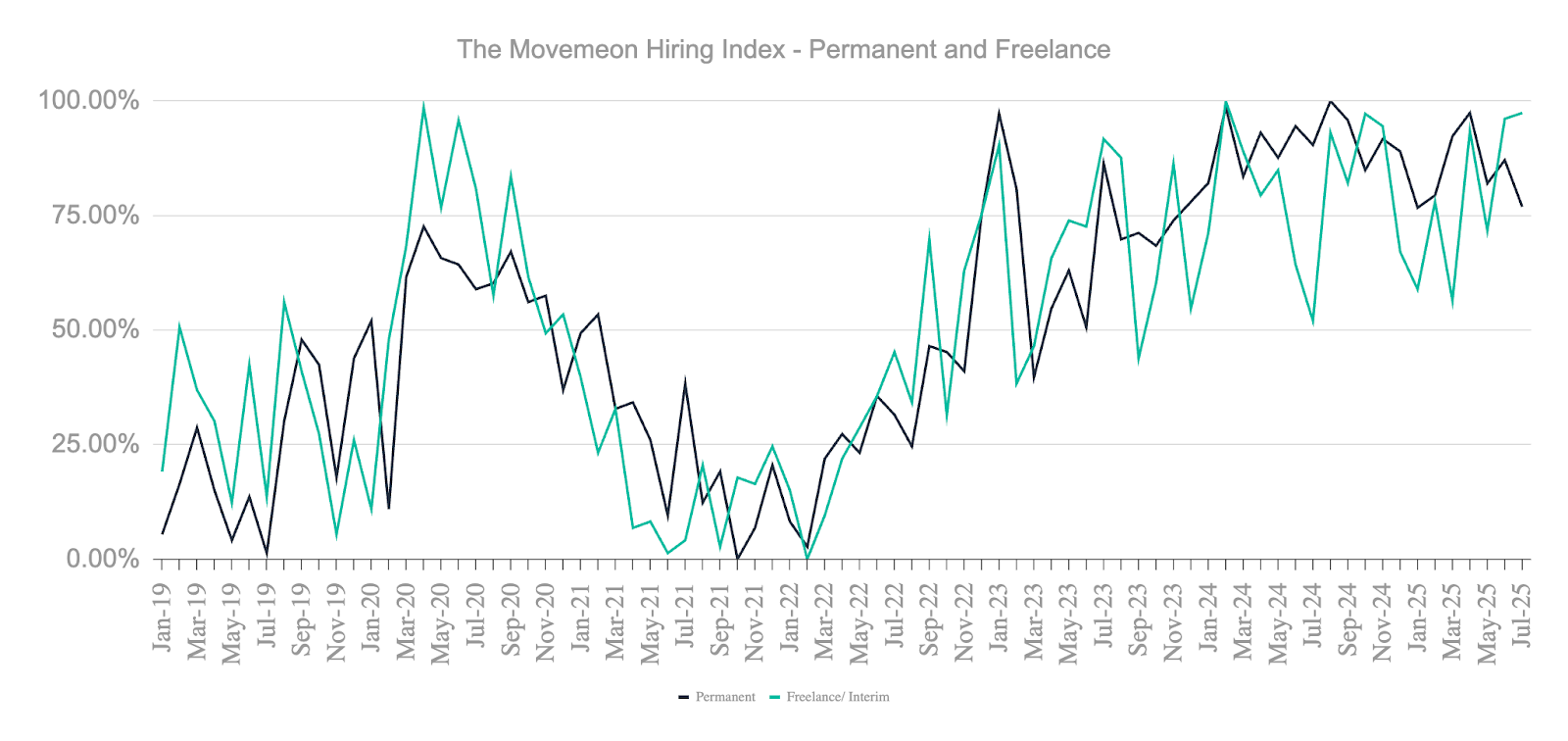


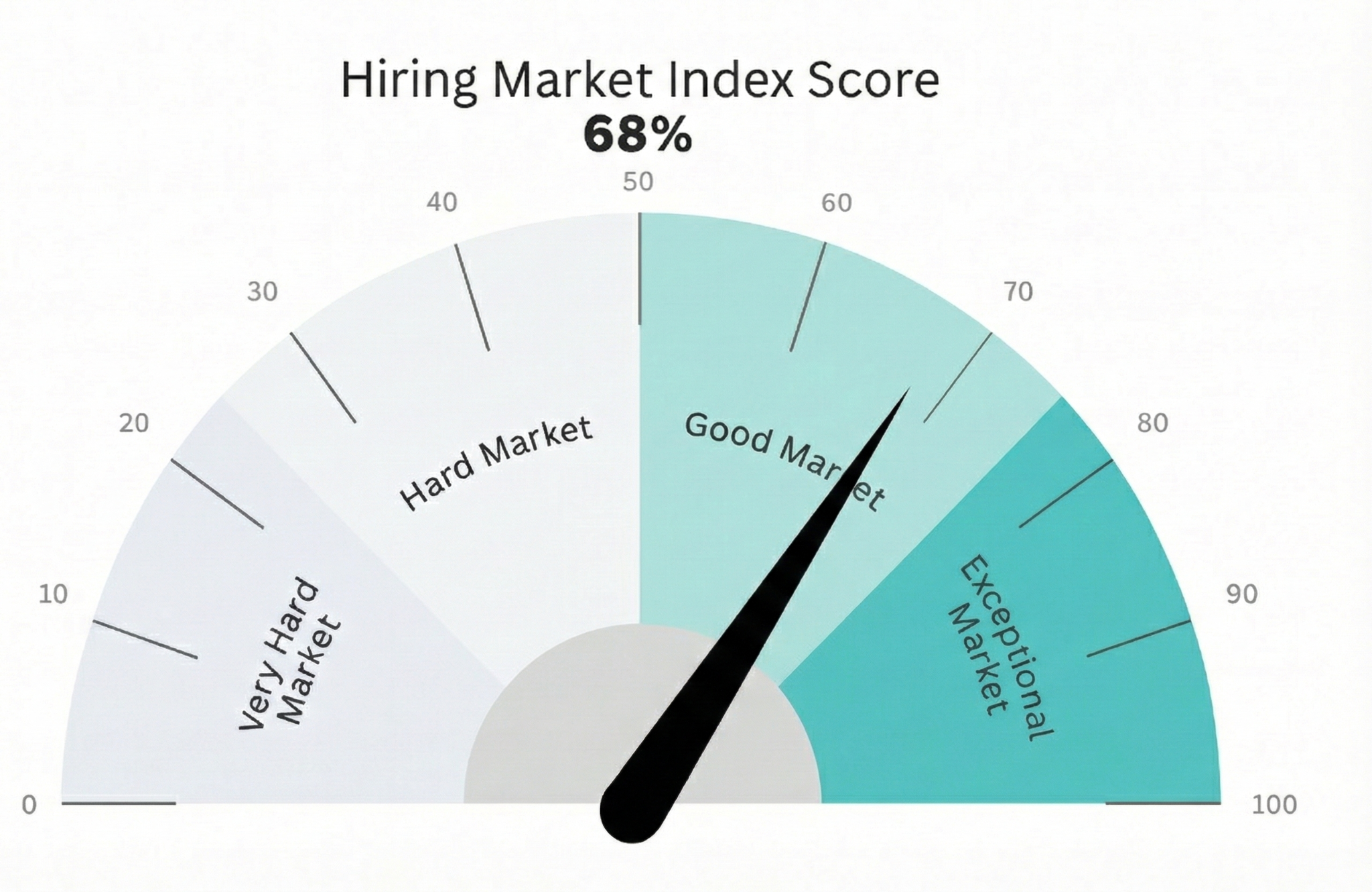
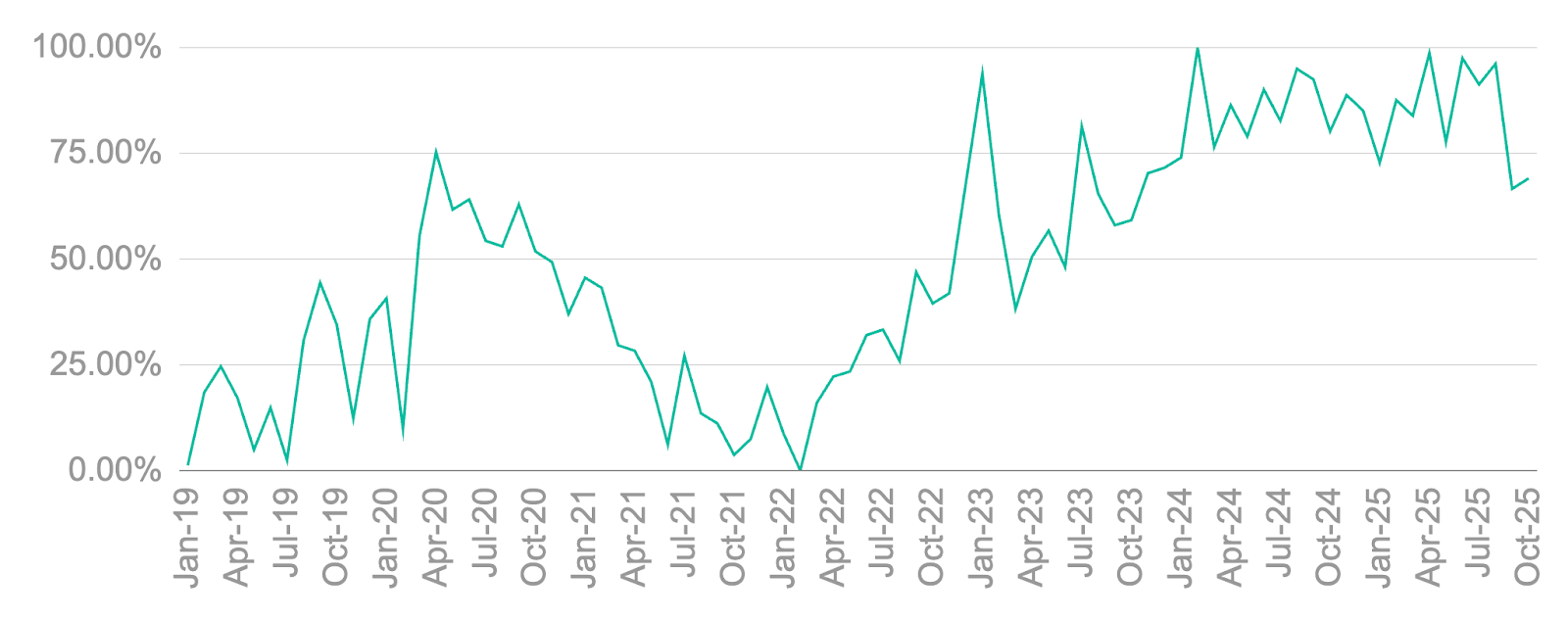
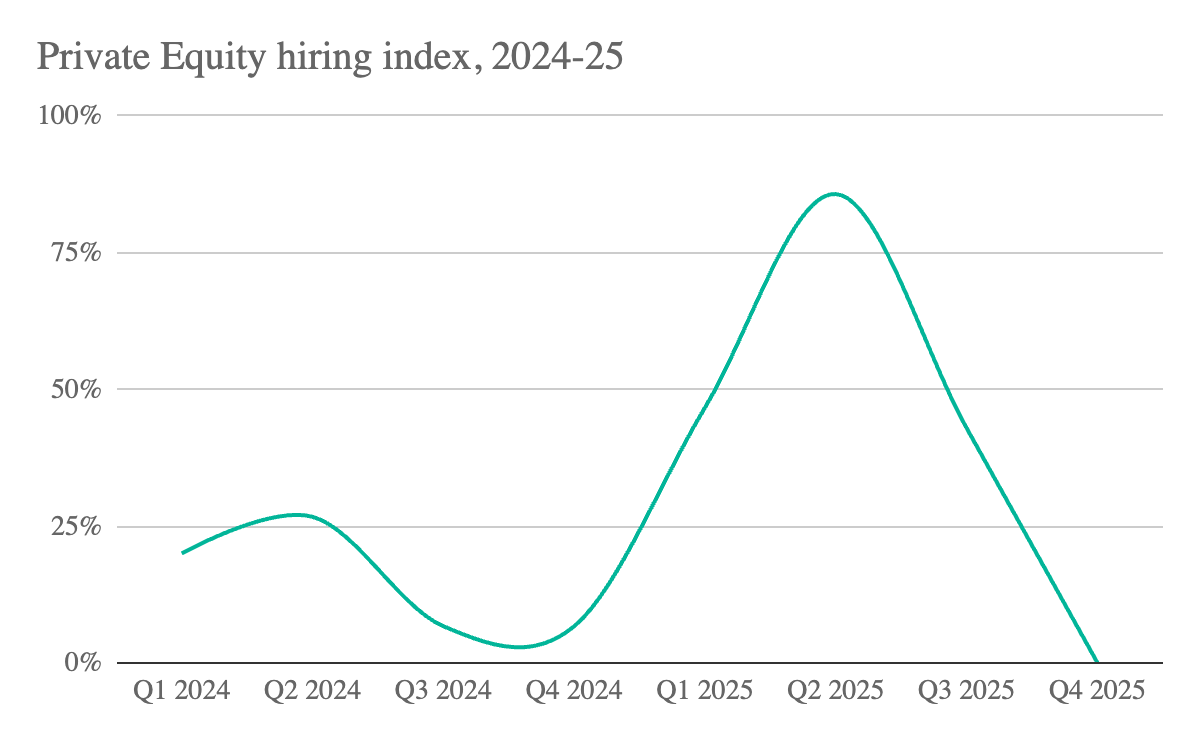
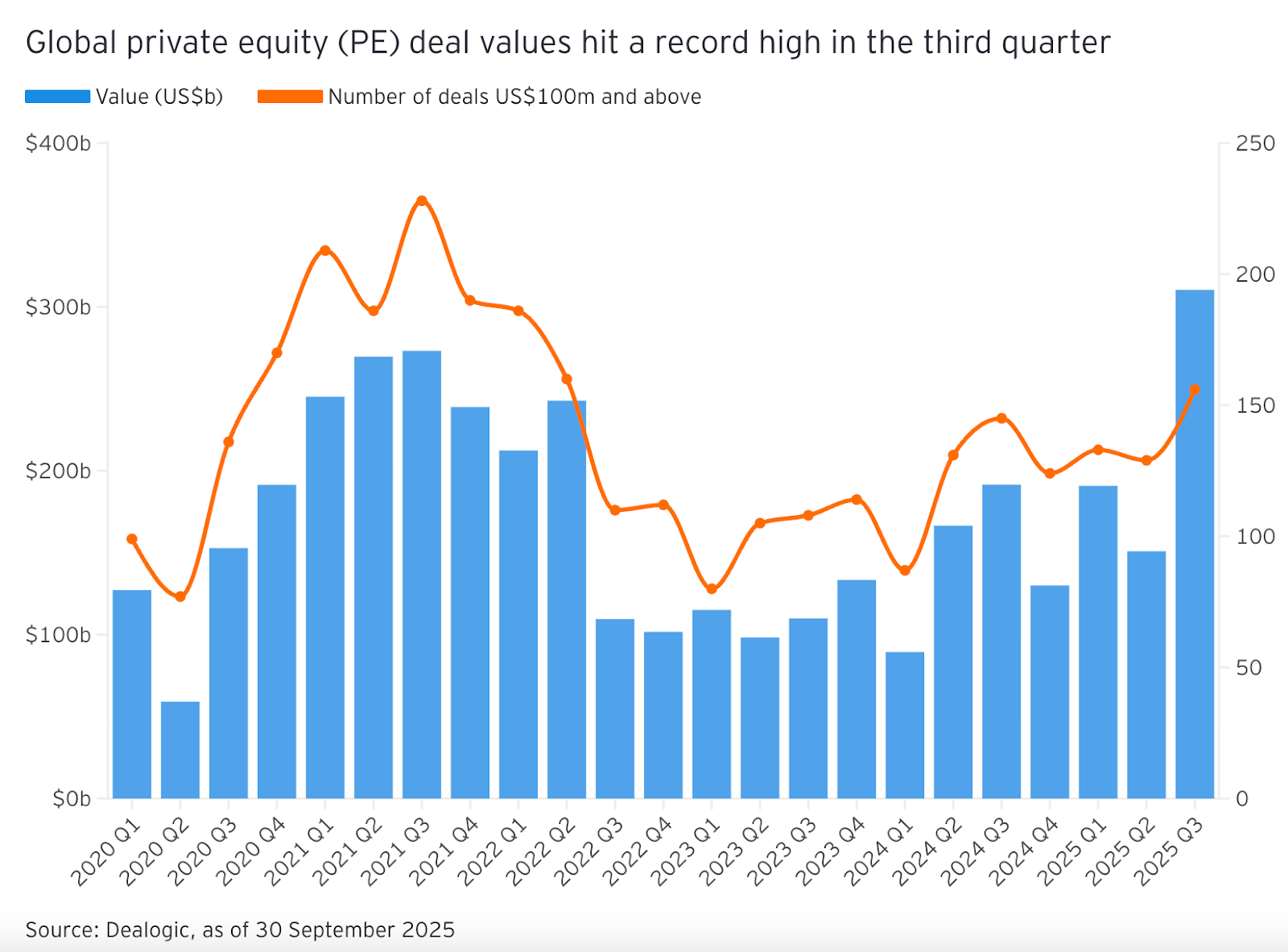
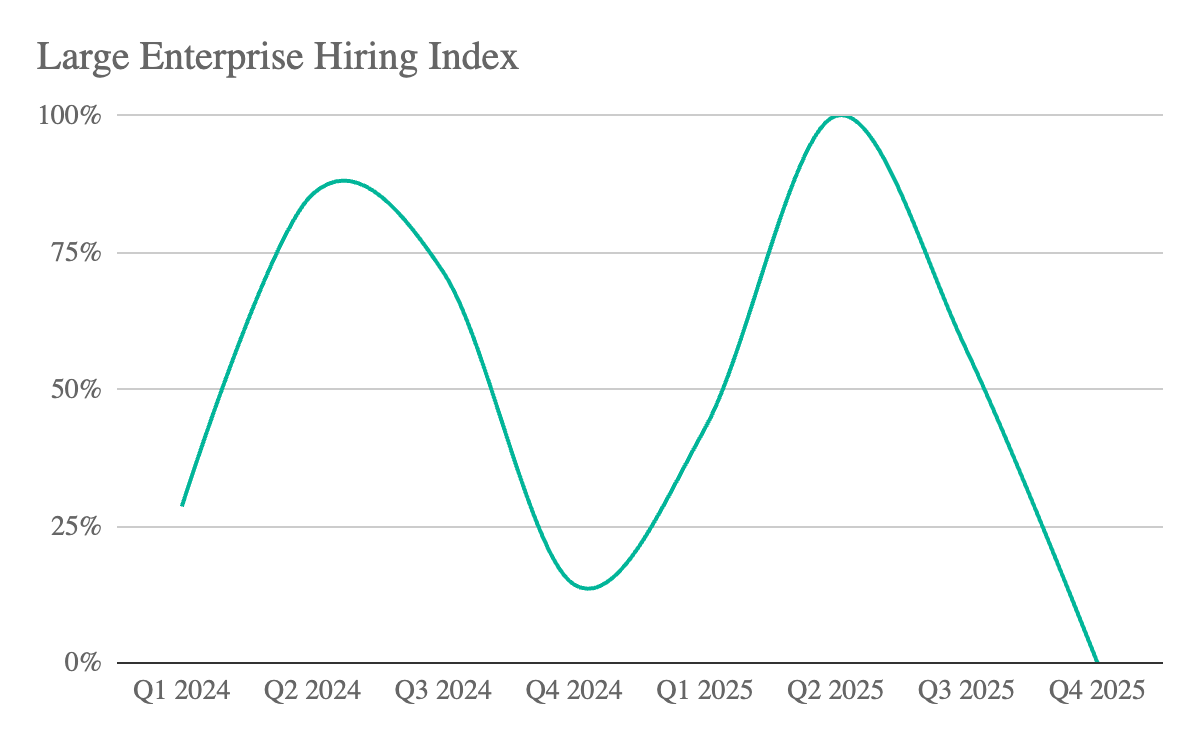
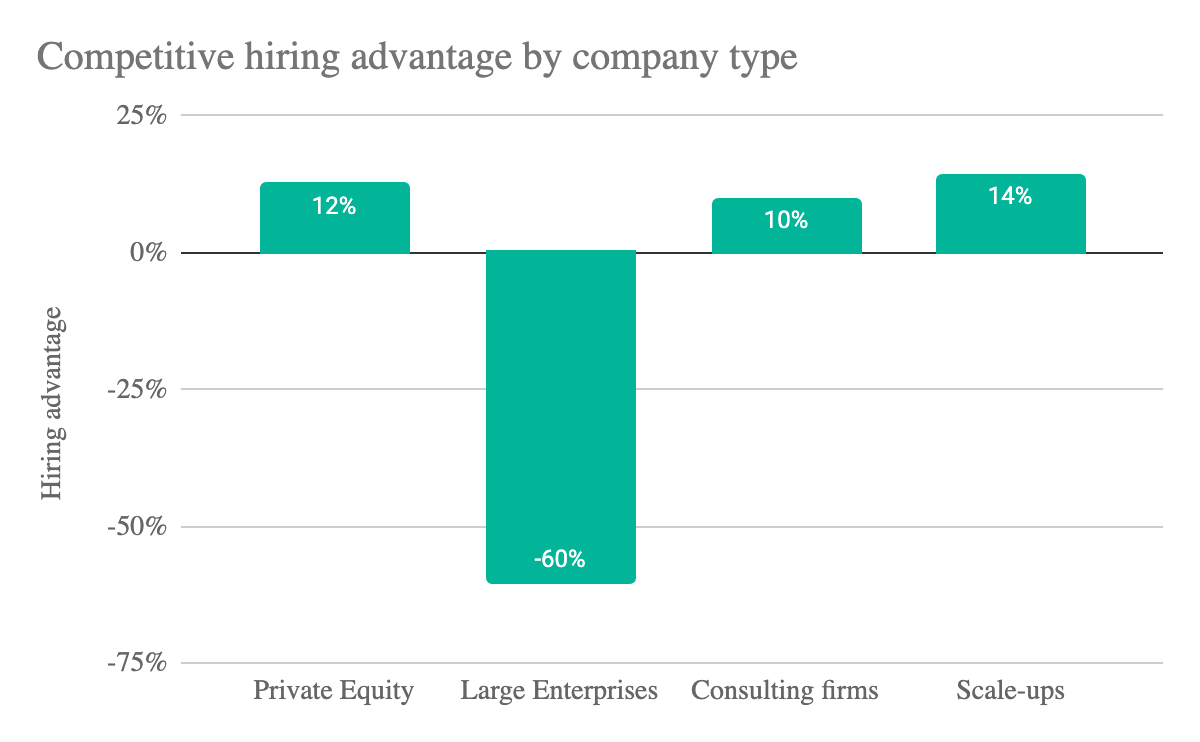
.jpg)

.png)
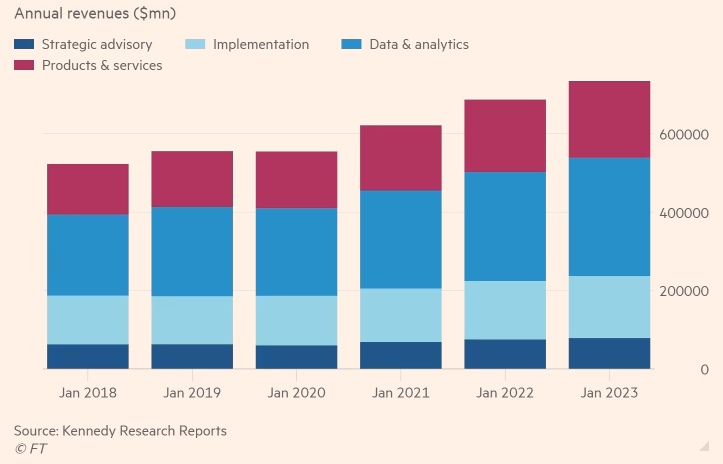
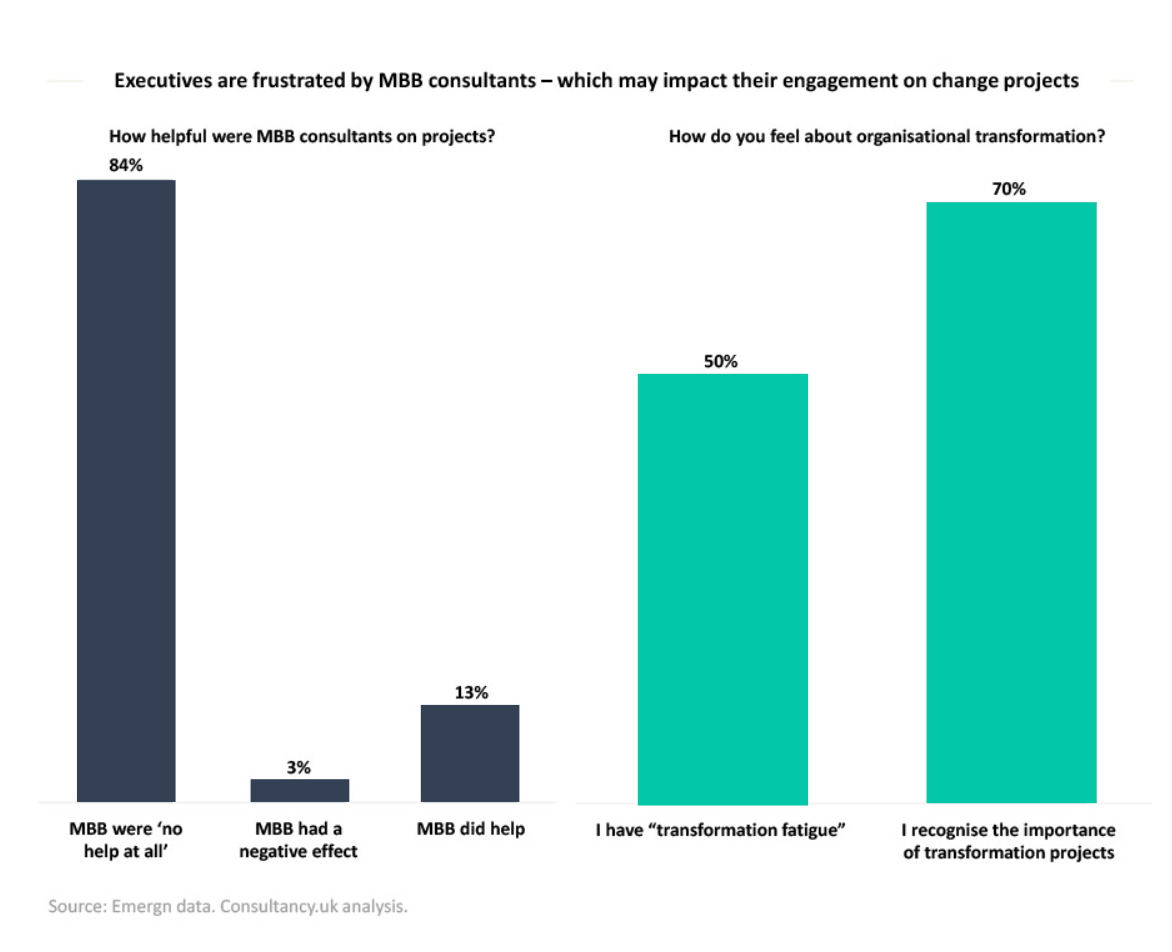
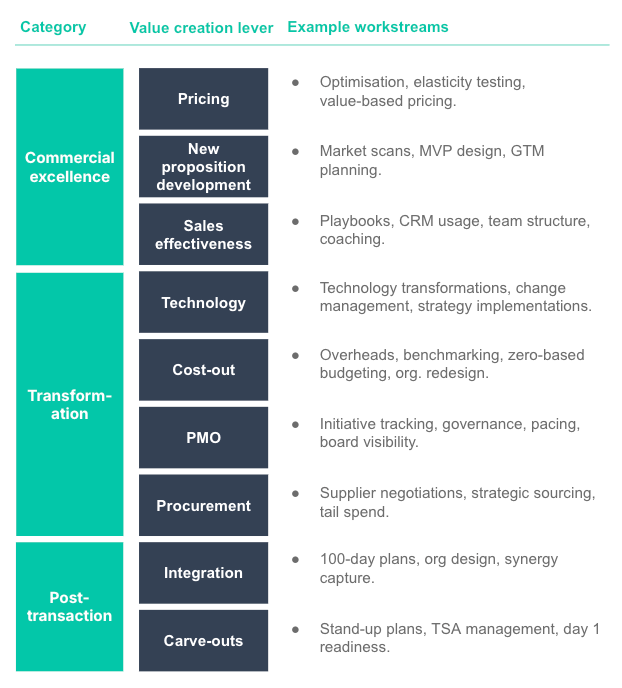
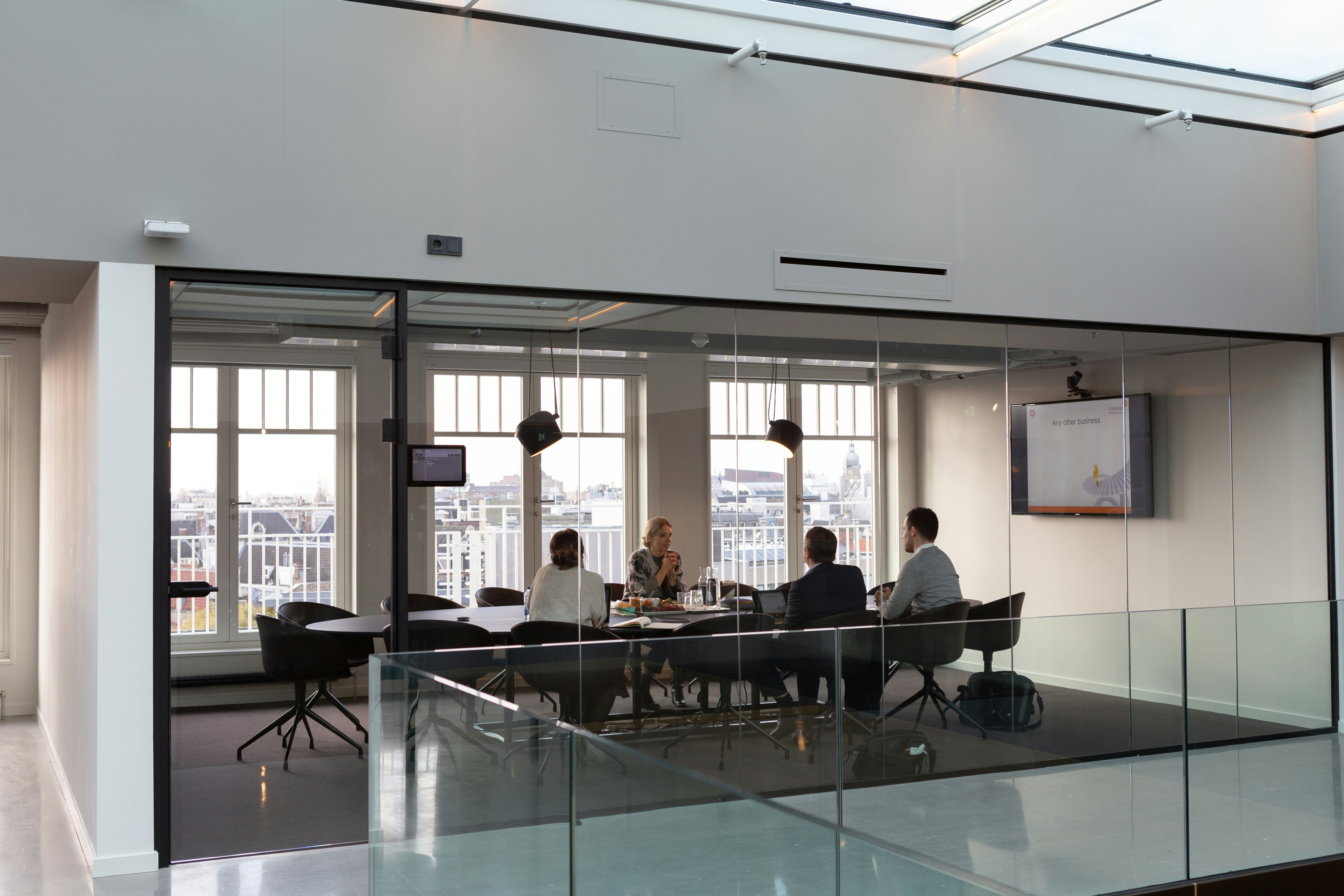
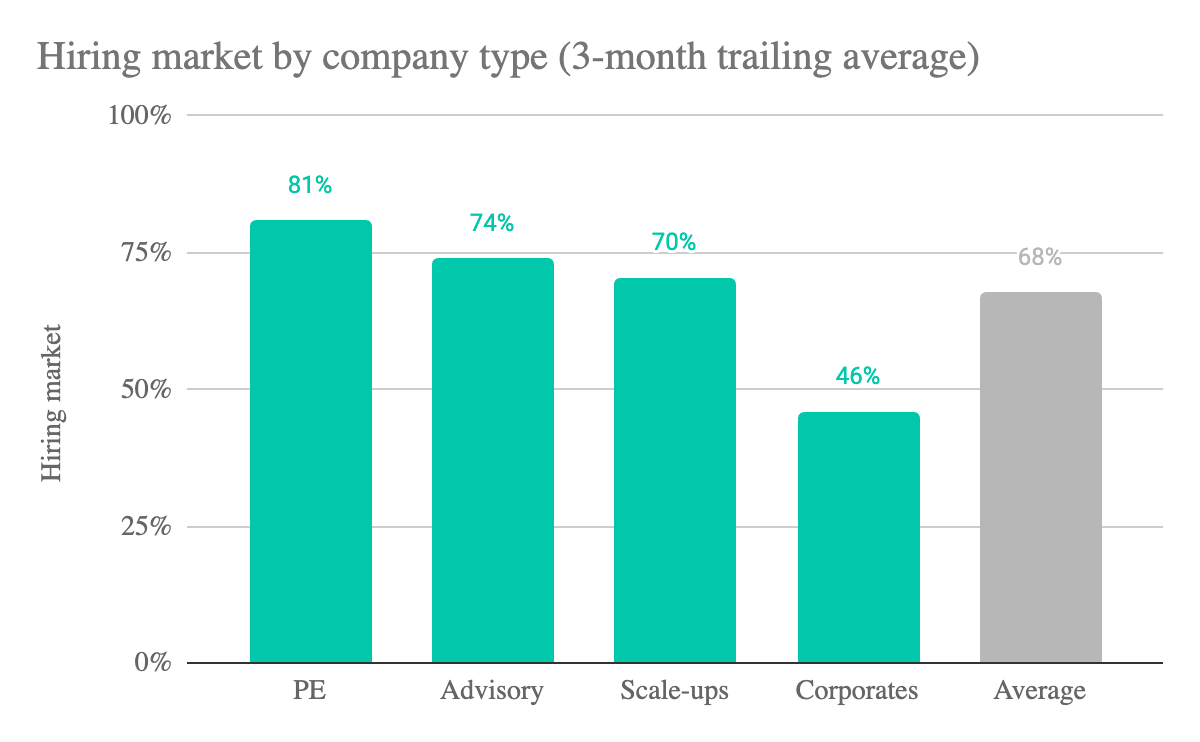
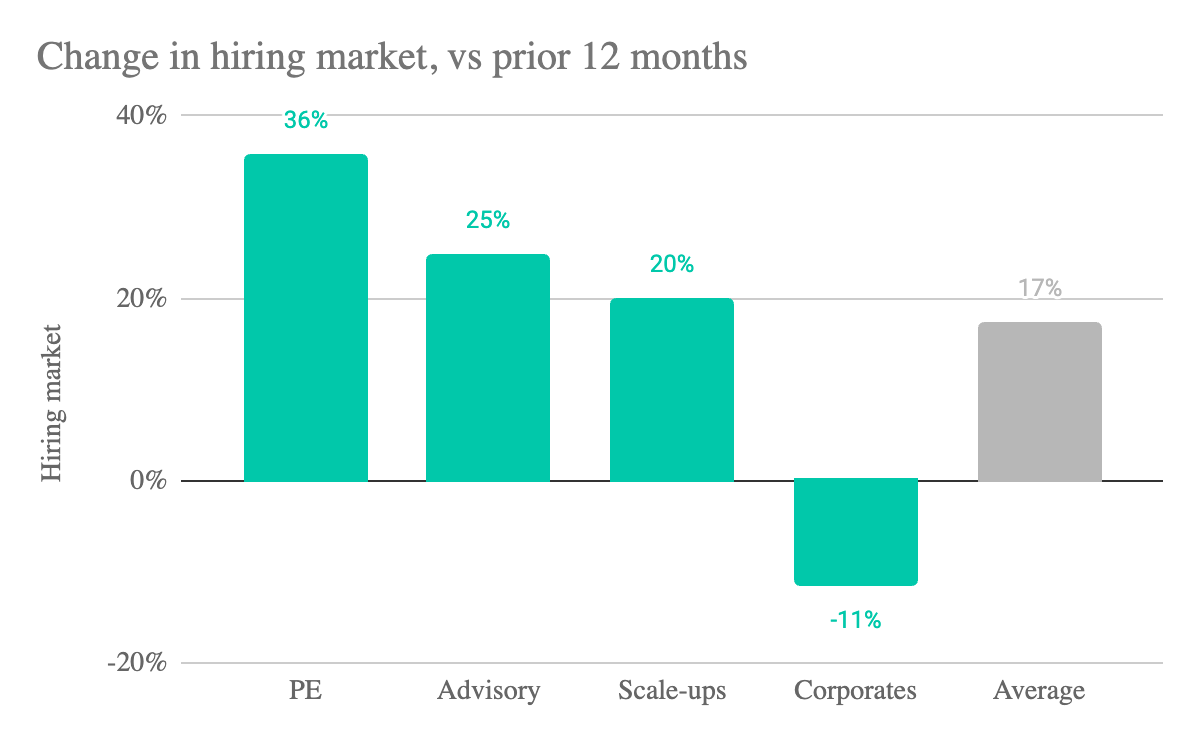


.jpg)
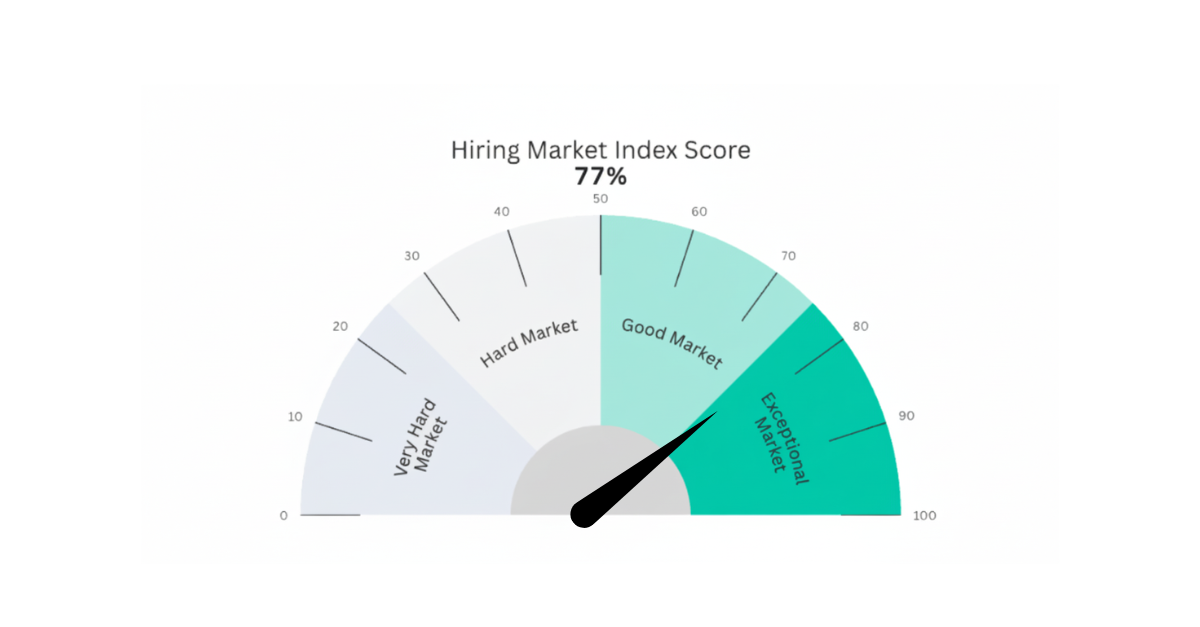
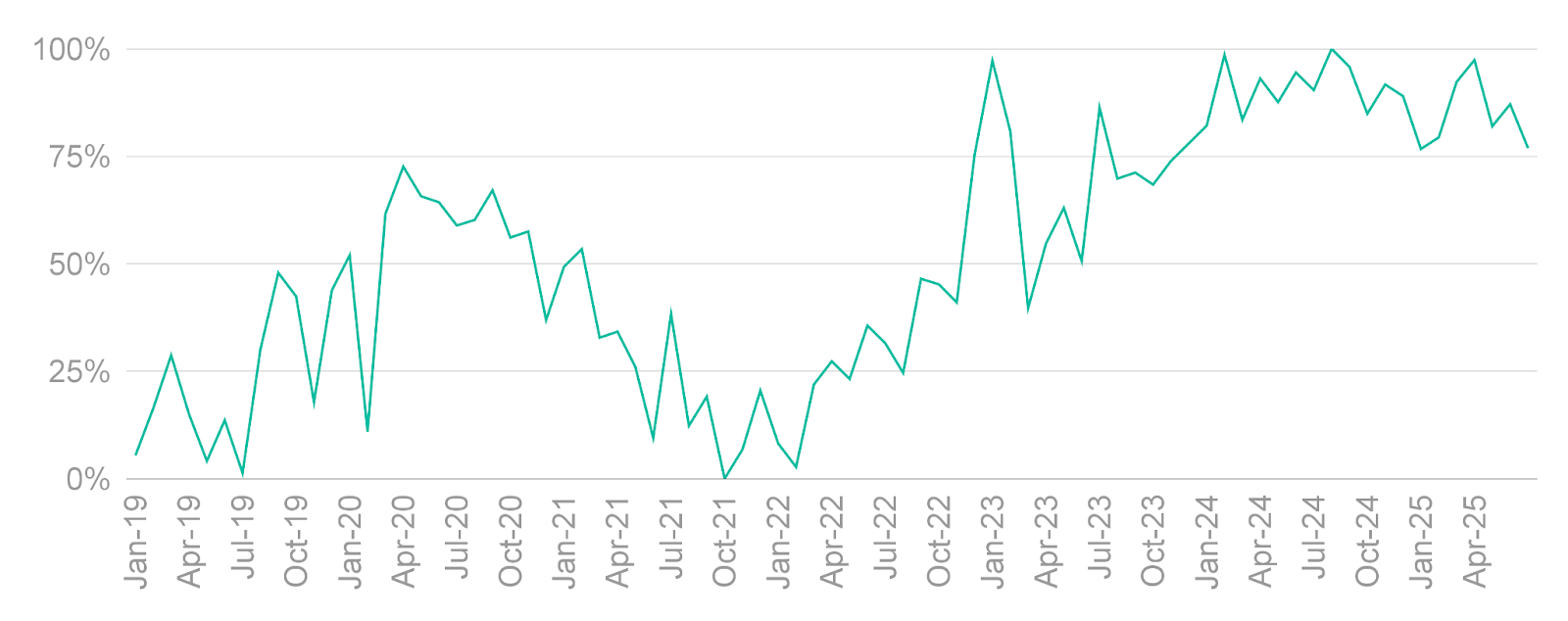
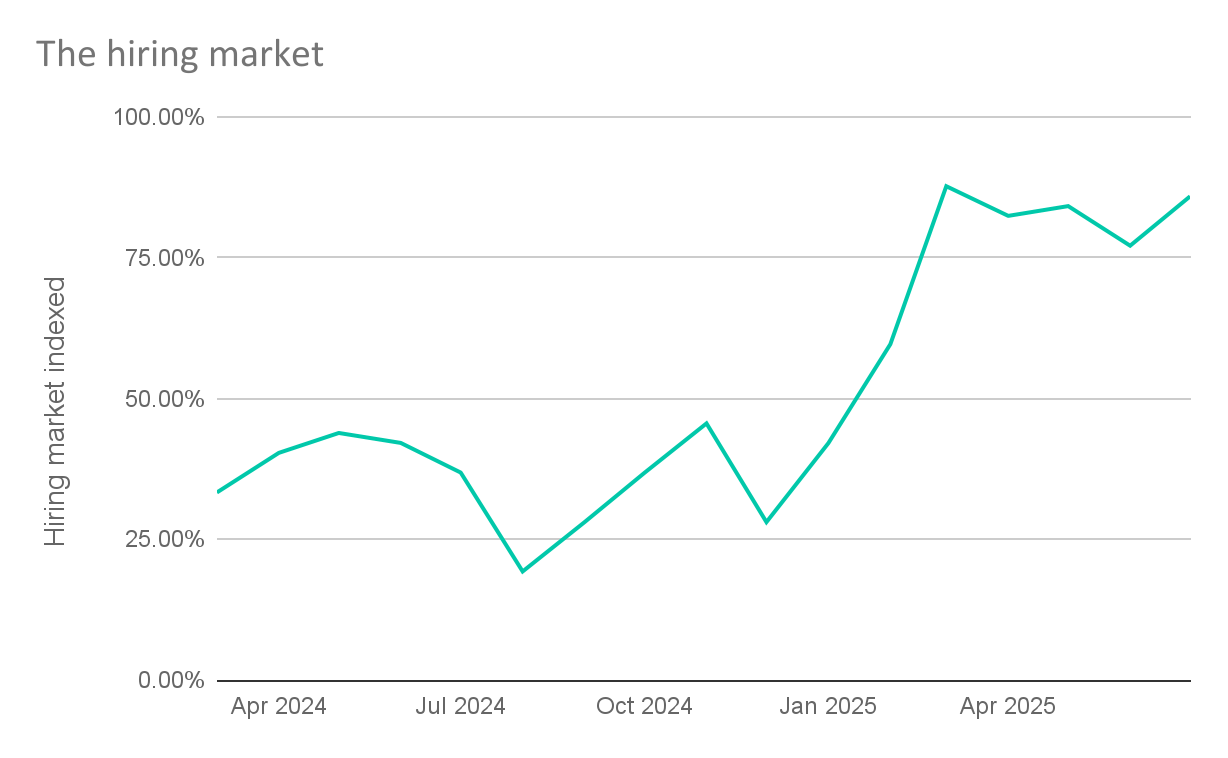



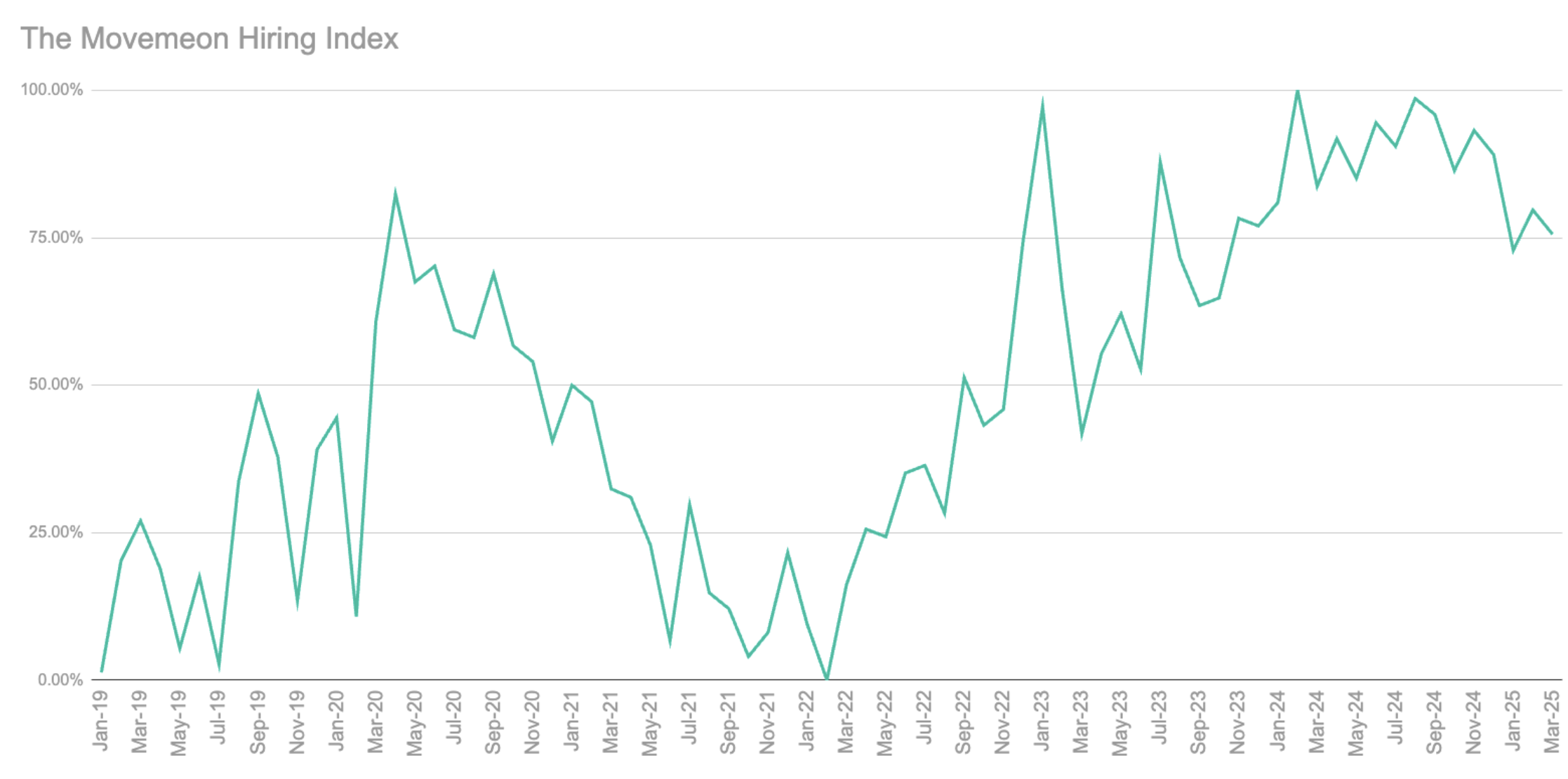



















.jpg)

